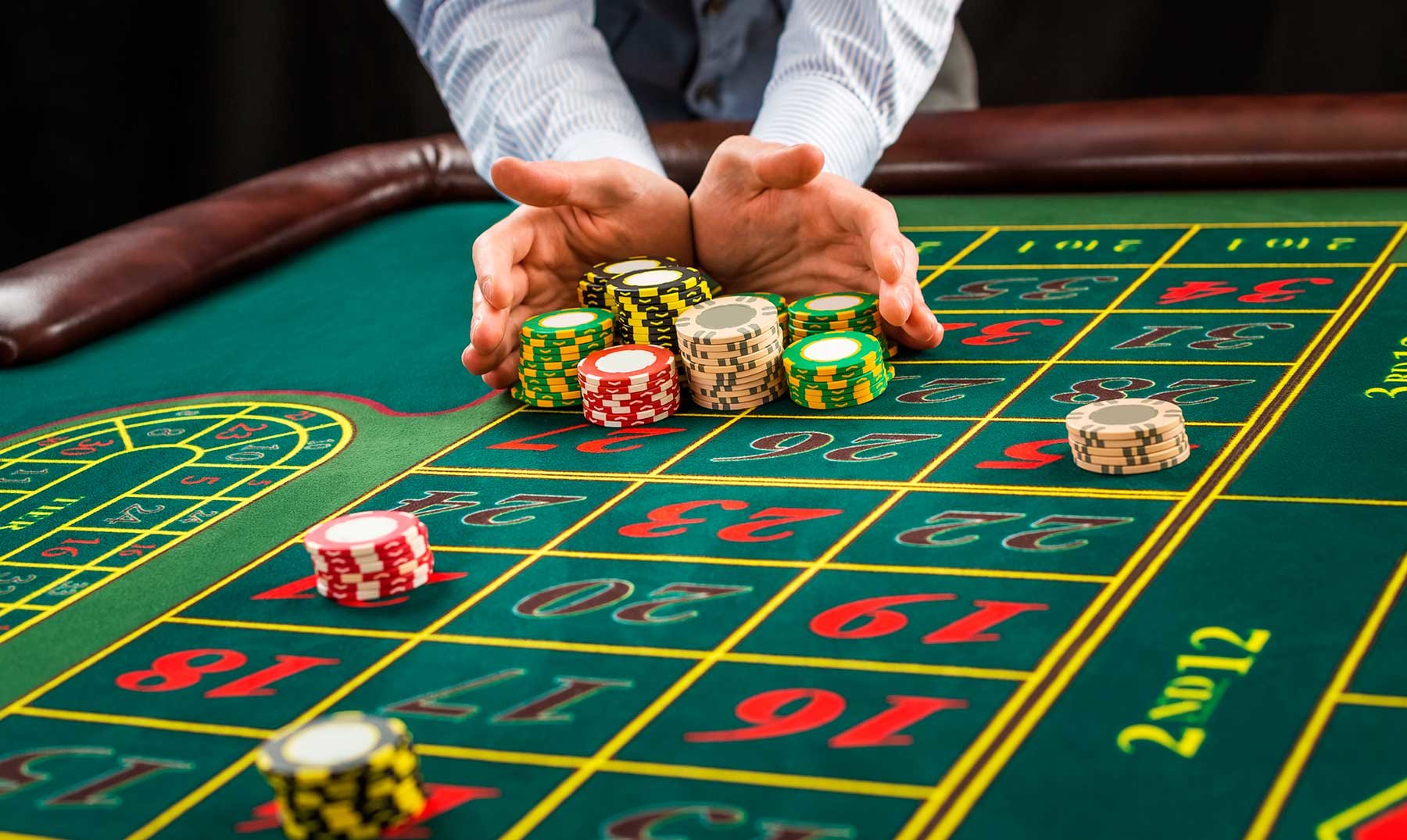
Casino games have long been a fascinating source of amusement, drawing countless of players from different cultures around the globe. From the lively casinos of the Strip to the busy gambling halls of the Cotai Strip, these games serve as a common thread that brings together people across a variety of backgrounds. The allure of chance, strategy, and risk entices not only those seeking to strike it rich but also those looking for a feeling of belonging.
The significance of casino games extends well beyond the gaming floor. They often reflect the values and traditions of the cultures in which they prosper. Games such as poker, 21, and the wheel game have integrated into the fabric of cultural phenomena, influencing various aspects from cinema to fashion. As we explore this fascinating intersection of gambling and life, we can gain insights into how casino games shape and are shaped by the world around us.
Historical Development of Gambling Games
The roots of gambling games can be traced back to old cultures, where betting in multiple forms was widely engaged in. In the East, around 2300 BC, a form of luck game known as Keno was popular, while in old Rome, soldiers would regularly gamble on the results of their contests. The idea of using luck for fun and profit developed over the ages, leading to the formation of more organized games. By the end of the Middle Ages, gambling houses started to surface in Europe, especially in Italy, which brought forth early forms of famous games still enjoyed today.
As gambling gained popularity in European regions, the 17th and 18th centuries saw the appearance of gambling establishments as specialized venues for gambling. The first official casino, the Ridotto, was established in the Venetian city in 1638, providing games like Baccarat games and Faro. This time marked a significant pivoting point, as casinos commenced to attract not just the wealthy but also the growing middle-tier society. The complexity of activities grew, leading to the creation of new rules and variations that improved the experience of players.
In the 19th century, the era of industrialization and shifts in social conventions further altered the environment of gambling games. The arrival of the game of roulette and new one-armed bandits attracted a more diverse clientele, and casinos became seen as acceptable recreation. This era witnessed the international spread of gaming, as casinos extended from the continent to the Americas, culminating in the development of the famous Las Vegas Strip in the 1900s. The evolution of casino activities has persisted into the present day, including modern technology and digital services, making them available to a universal market.
## Cultural Importance across Various Communities
Casino games have deep-rooted social significance within a multitude of societies across the globe. Places like Las Vegas, the very core of the city is woven around casinos, where playing is not just a pastime but a key aspect of social engagement and community interaction. The dazzling lights and vibrant atmosphere attract millions, showcasing how casino games can impact local economical structures and cultural identities. This setting transforms the notion of recreation into an enriching event that affects fashion, melodies, and even movies.
In contrast, some societies view gambling with more caution, considering it through the lens of ethical considerations and customs. For example, in numerous Asian societies, games like Mahjongg and Pai Gow are steeped in history and have significant social relevance. These games are often played during gatherings and occasions, fostering community bonds and solidifying family ties. The act of engaging in these games goes past mere leisure, reflecting principles such as honoring elders and the significance of communal fun.
Simultaneously, in continental countries such as Monaco and the Italian Peninsula, games of chance serve as symbols of luxury and elegance. The elegant atmosphere of these establishments attracts both travelers and residents, reinforcing a sense of status and elitism. The art of the game of poker and the strategic elements of games like baccarat are celebrated, shaping interpersonal interactions and creating an allure that captivates a diverse audience. This underscores how games of chance can both mirror and shape cultural perspectives towards risk, benefit, and social interaction.
Financial Influence and Travel Industry
Gambling activities play a crucial role in the economic landscape of many areas, particularly those that depend significantly on tourism. The revenue generated from casino operations fuels local economies, creating jobs not only within the casinos but also but also in related sectors such as hotel management, restaurant services, and entertainment. This surge of tourists, drawn by the allure of gambling and the overall gaming environment, stimulates spending across multiple businesses, contributing to the economic health of the region.
The presence of casinos often leads to the development of infrastructure, including lodging, transportation systems, and leisure amenities. These improvements are essential in enhancing the overall tourist experience, making destinations more attractive to visitors. Additionally, many casinos invest in local communities through support of activities and philanthropic initiatives, further embedding themselves into the community structure of the locality. Such investment not only supports economic growth but also fosters a positive image of the gambling sector.
In addition, the worldwide appeal of casino games drives competitive tourism, with locations vying to attract gamblers from around the world. Iconic locations like Las Vegas and Macau have become synonymous with gambling culture, drawing millions each year. This competitive edge encourages innovation and diversification within the gaming industry, influencing trends in entertainment and hospitality that extend beyond their borders. The ripple effects of this tourism extend wide, impacting local economies and cultural interactions on a global scale.
J88 đăng nhập
